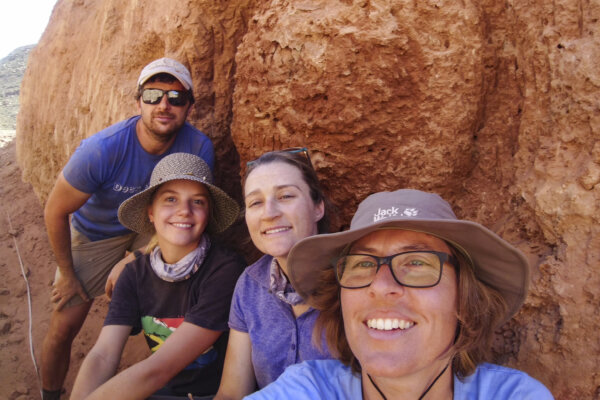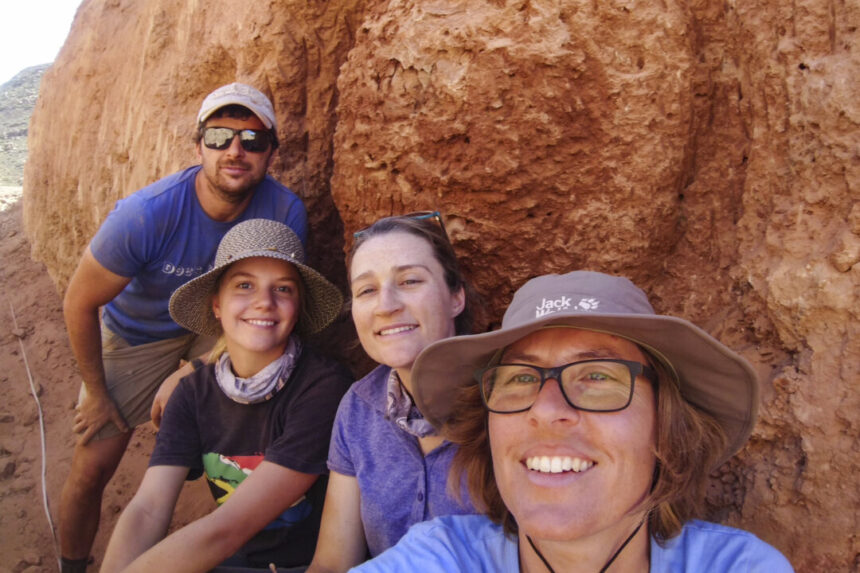
CAPE TOWN, South Africa—Researchers in South Africa have made a remarkable discovery, finding that termite mounds still inhabited in an arid region of the country are over 30,000 years old, making them the oldest active termite hills known to date.
Located near the Buffels River in Namaqualand, some of these mounds have been estimated to be 34,000 years old through radiocarbon dating, as reported by scientists from Stellenbosch University.
“We knew they were old, but not that old,” said Michele Francis, senior lecturer in the university’s department of soil science and lead researcher of the study, which was published in May.
According to Ms. Francis, these termite mounds have survived since the time of saber-toothed cats and woolly mammoths, predating some of the earliest cave paintings in Europe. The oldest inhabited mounds previously discovered were in Brazil and dated back around 4,000 years, visible even from space.
Describing the Namaqualand mounds as a termite “apartment complex,” Ms. Francis noted that the evidence suggests they have been continuously inhabited by termite colonies.
While termite mounds are a well-known feature of the Namaqualand landscape, their age remained a mystery until samples were sent to experts in Hungary for radiocarbon dating.
Some of the largest mounds, locally known as “heuweltjies” (meaning little hills in Afrikaans), can reach up to 100 feet (30 meters) across, with termite nests extending as deep as 10 feet underground.
During the excavation process to collect samples, the termites went into “emergency mode” and began filling in the holes, prompting the researchers to reconstruct the mounds to protect the termites from predators like aardvarks.
Ms. Francis highlighted that this project not only provides insight into ancient structures but also offers a glimpse into the prehistoric climate of Namaqualand, suggesting that the region was much wetter when the mounds were initially formed.
“Studying what the termites have done in these mounds can be very beneficial. They were once thought to be uninteresting,” she added.





